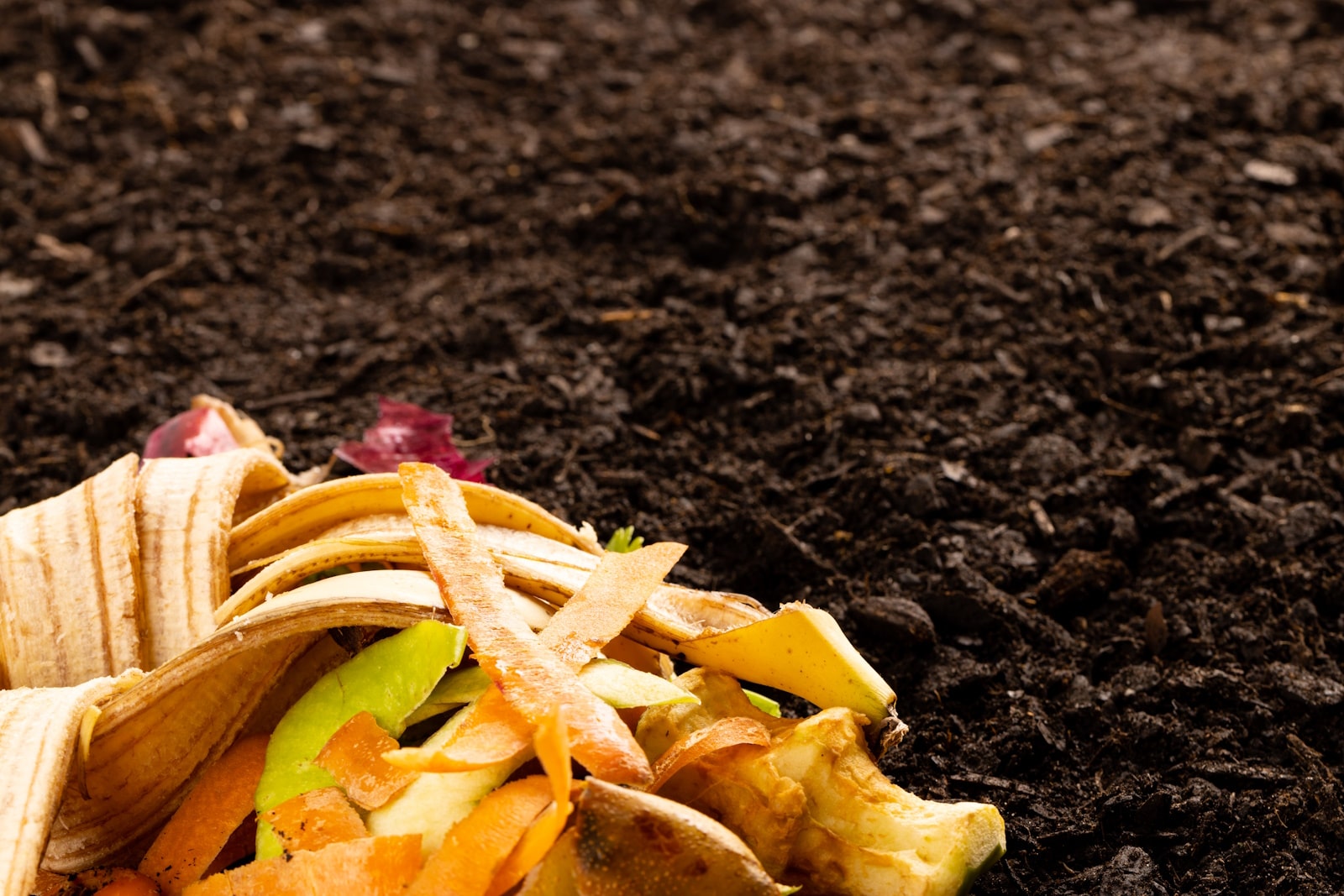Waste Disposal Companies and Urban Sustainability
Waste disposal companies play a critical role in managing waste efficiently, especially in urban settings where organic waste makes up a significant portion of landfill materials. As cities grow, the need for innovative waste management solutions becomes even more urgent. Composting, a natural process that turns organic waste into valuable compost, is proving to be one of the most sustainable and cost-effective methods for handling organic materials. In this blog post, we will explore how composting can contribute to urban sustainability, reduce landfill waste, and support local agriculture.
The Role of Composting in Urban Sustainability
Urban areas generate vast amounts of organic waste—food scraps, yard waste, and other biodegradable materials—that end up in landfills if not managed properly. This not only contributes to overcrowding in landfills but also releases methane, a potent greenhouse gas. Waste disposal companies are increasingly looking to composting as a solution to manage organic waste more sustainably.
By implementing composting programs, cities can reduce their reliance on landfills, lower greenhouse gas emissions, and create nutrient-rich compost that can benefit local agriculture or community gardens. Composting helps close the loop on organic waste by transforming it into a valuable resource instead of a burden on the environment. This sustainable practice reduces the need for synthetic fertilisers, promotes healthy soil, and can even be used to enhance urban green spaces.
Several cities around the world have successfully adopted composting initiatives to address their organic waste problem.
Technological Innovations in Composting
Technology is rapidly transforming composting, making it more efficient and accessible for waste disposal companies, businesses, and municipalities alike. Composting machines and automated sorting systems are making the composting process quicker, more consistent, and less labour-intensive.
One of the most significant advancements in composting technology is the development of accelerated composting processes. These processes use temperature-controlled environments and specialised equipment to speed up the decomposition of organic waste. With the ability to compost large volumes of organic materials in a fraction of the time compared to traditional methods, businesses and waste disposal companies are benefiting from faster turnaround times and higher-quality compost.
The use of composting machines has also become more widespread. These machines can process food waste, yard trimmings, and other organic materials on-site, reducing transportation costs and emissions associated with hauling waste to centralised composting facilities. With these innovations, waste disposal companies are now better equipped to manage organic waste in an environmentally friendly and economically viable manner.
The Economic Benefits of Composting for Companies
Composting not only provides environmental benefits but also offers significant financial advantages for businesses. By composting their organic waste instead of sending it to landfills, businesses can reduce their waste disposal costs, which are often based on the volume of waste generated. Composting helps businesses cut back on the fees associated with hauling waste to landfills, as well as the need for landfill space, which can be costly to maintain.
Furthermore, composting offers long-term savings by reducing the need for expensive fertilisers and soil conditioners. High-quality compost produced from organic waste can be used to enhance soil health, reducing the reliance on synthetic chemicals and boosting crop yields. For businesses in the agricultural or landscaping sectors, composting presents an opportunity to create a sustainable source of soil improvement materials at a fraction of the cost of traditional fertilisers.
Composting in the Agricultural Industry
Composting plays a vital role in sustainable farming practices. By converting organic waste into compost, farmers can improve soil structure, enhance water retention, and promote healthy microbial activity in the soil. The result is improved crop yields, healthier plants, and reduced dependence on chemical fertilisers.
Composting also helps to sequester carbon in the soil, which can have a positive impact on climate change mitigation. Instead of allowing organic waste to decompose in landfills and release methane, composting captures and stores carbon in a stable form in the soil. This process, known as carbon sequestration, is an essential tool for combating the climate crisis.
The agricultural industry is increasingly turning to composting as a way to close the loop on organic waste, particularly in regions where food waste is abundant. In South Africa, where agricultural sustainability is a priority, composting is becoming more widely recognised as a tool for both waste reduction and soil health improvement.
Composting’s Role in Zero-Waste Initiatives
Zero-waste initiatives are gaining momentum worldwide, with many businesses and households striving to divert as much waste as possible from landfills. Composting plays a crucial role in these initiatives by providing a way to manage organic waste and turn it into a valuable product—compost.
For waste disposal companies, incorporating composting into their waste management services is an essential step toward supporting zero-waste strategies. By diverting organic materials from landfills and converting them into compost, companies can help their clients reduce their environmental footprint. This not only benefits the planet but also helps businesses align with the growing demand for environmentally responsible practices.
Conclusion
Composting presents a powerful solution for waste disposal companies looking to manage organic waste in a sustainable and economically viable way. From reducing landfill usage to supporting urban agriculture and sustainable farming practices, composting offers numerous benefits for the environment and the economy. Technological innovations are making composting more efficient, while government incentives and cost savings are encouraging businesses to adopt this practice. By embracing composting, we can contribute to a more sustainable future for both our cities and the planet.
At A-Thermal, we specialise in providing comprehensive waste disposal solutions, including composting services that can help your business reduce costs, improve sustainability, and meet regulatory requirements. Contact us today to learn more about how we can support your composting needs.







